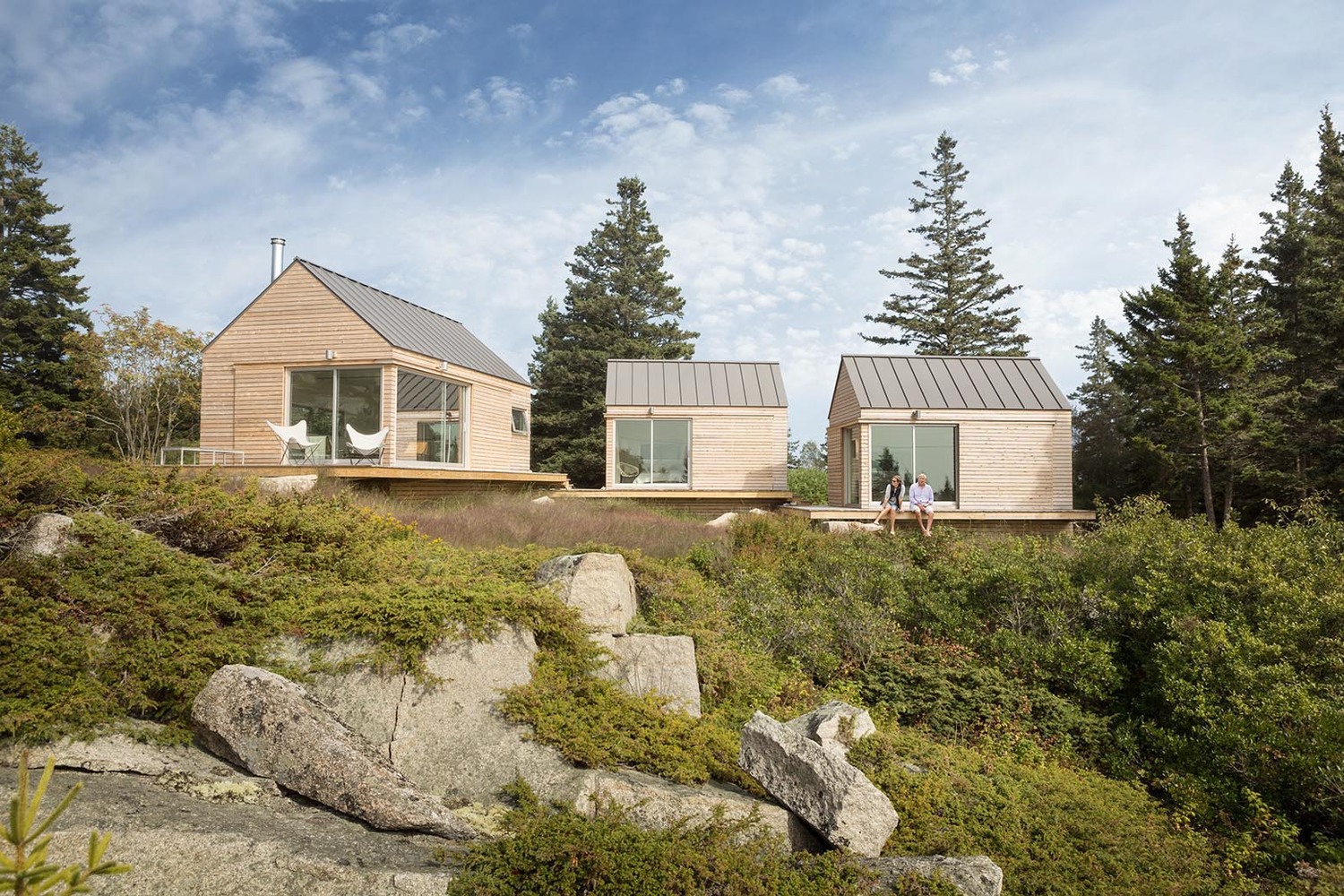
"Spaces of hospitality are a mirror to how different cultures articulate generosity, care, belonging, and identity. In busy city settings, this is reflected in hotels, service systems, and curated amenities that directly shape the visitor experience. These spaces translate care into measurable forms, where success is correlated with efficiency, luxury, and brand identity. In rural America, hospitality operates with a different logic. In these environments, care is grounded in labor and community, while directly responding to the specific ecological and cultural geographies."
"Distance, limited infrastructure, and close social networks demand forms of architecture that are flexible and self-sufficient. Designs respond to shifting weather, local materials, and a culture where support often begins with neighbors. In this landscape, architectural thresholds of hospitality emerge in responsive, yet unexpected, ways. Rural hospitality reveals a quiet intelligence in how buildings should sustain people and place. It invites architects to design for endurance while rejecting novelty and the romanticization of the pastoral landscapes."
"When hospitality is understood as infrastructure, it is valued as an ethic that connects environment, culture, and community. The following sections examine how domestic extensions, productive landscapes, and everyday infrastructures in rural America embody this ethic. Each example suggests how spaces of generosity, when materialized through design, can shape a grounded, civic life in rural communities. The Domestic Extension: Guesthouses, Inns, and Bed and Breakfast"
Spaces of hospitality mirror cultural expressions of generosity, care, belonging, and identity, and urban hospitality translates care into measurable forms through hotels, service systems, and curated amenities that privilege efficiency, luxury, and brand identity. In rural America, hospitality operates on a different logic grounded in labor, community, and local ecologies, responding to distance, limited infrastructure, and close social networks. Rural architecture prioritizes flexibility, self-sufficiency, local materials, and responsiveness to shifting weather and neighbor-based support. Buildings are designed for endurance rather than novelty and resist romanticized pastoral imagery. Treating hospitality as infrastructure frames it as an ethic connecting environment, culture, and civic life.
Read at ArchDaily
Unable to calculate read time
Collection
[
|
...
]